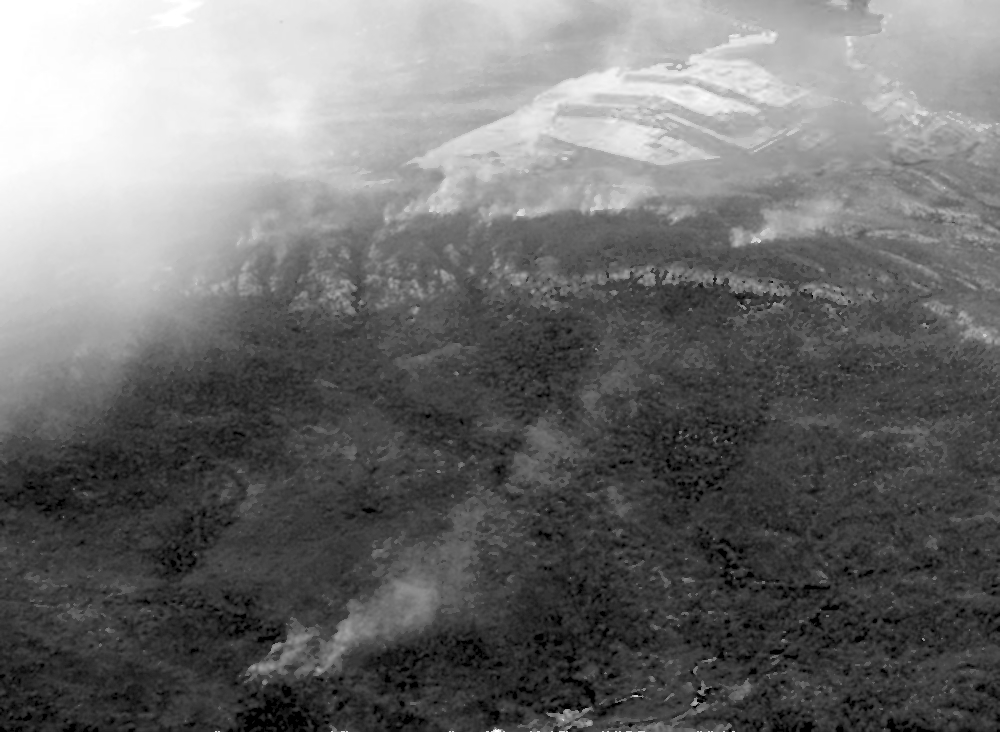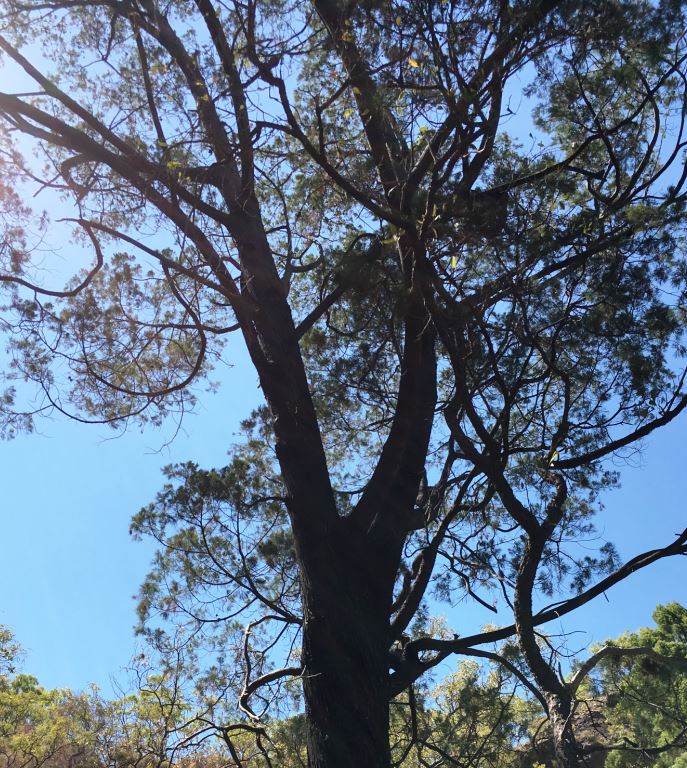“No one’s ever really gone” – Luke Skywalker “The Rise of Skywalker”
In the more than half century I have been on this planet I have always noticed change in the world around me. In 1977 Star Wars was released and climate scientists claimed the world was entering another ice age. This year the ninth and final episode of Star Wars is being released and the world is warming. Everywhere I look I see change and one thing replacing another. Ashes and memories remain.
Star Wars is one of those things that has changed and evolved over the years. The teaser for the last installment of the last trilogy of Star Wars has been released. “The Rise of Skywalker” is the final act in a mythology that has been loved for more than forty years. The teaser is a welcome distraction from the chaos that seems to be pervasive in the world at present. I also feel sad because Disney has stated that it has decided to enter a hiatus with Star Wars. Many herald the “Rise of Skywalker” as the end to the saga. Many fans will now have to struggle with further change and loosen their attachments. Even Star Wars has to end someday.
Burning Temples
While I write this the fires at the Notre Dame Cathedral are smoldering. I spent much time in Paris and admired the cathedral more for its longevity than its religious symbolism. I can’t help but take notice and feel emotion of loss and regret. Why? Distraction, impermanence and attachments all lead to suffering. Lately we have seen a lot of suffering in the world. Why should I feel nostalgia for something that will soon be rebuilt and perhaps in better condition than before? It’s just a building of stone and wood after all.
Many Jews lament the loss of the Second Temple in Jerusalem and that memory runs at the heart of the long running Israeli-Arab conflict . The destruction of the Temple of Artemis by the Greek arsonist Herostatus for notoriety is also still remembered and gave rise to the term “Herostratic fame”. Many of the worlds greatest shrines are built over the ruins and ashes of destroyed places of worship, including Notre Dame.
In Star Wars Jedi Temples across the Galaxy were destroyed by the Empire. The Great Temple on Coruscant, built on the ruins of a Sith Temple, fell and became the seat of power to the Emperor Palpatine. The Temple that Luke Skywalker built was destroyed in revenge by his own Nephew. As I contemplated the Notre Dame engulfed in flames I wondered how the Jedi who survived Order 66 felt about the loss their Temple on Coruscant after thousands of years. Did they care? The Jedi who survived put their emotions aside and continued to resist the Empire.
I remembered how I reacted to the Planet Alderaan being destroyed in the original Star Wars release in 1977. The theater reacted in horror and awe. Princess Leia, possibly the greatest Force sensitive ever, reacted to the destruction of her home in true Jedi fashion.
So why should concern myself with the loss of an old stone building? Change and impermanence is nature.
Old for New
Is a vintage car that has been continuously restored for decades with new panels and engine parts the same car as the one which was originally built? Will the rebuilt Notre Dame be the same as the one which was constructed 850 years ago? Much of the structure of the building has been replaced over the centuries during renovations and to think it is the same and original structure would be incorrect. Notre Dame has been on fire before.
The Spartans kept a Tireme, a battle vessel which had fought in the Persian Wars, for centuries to remind them of the glorious victory. Over time the Tireme was completely replaced and not a fiber of its wood remained from the original vessel. Has the Tireme then not been completely replaced? Is it nothing more than a physical memory, a mere replica of the original? When it was finally destroyed did they lament an object that no had longer existed in the first place?
Boiling Frogs
People are attached to objects and to the “way things are”. Because change can happen so gradually we often fail to notice until we sit down and contemplate it (see Negative Visualization). When something happens that is confronting and transformative we are shaken and reminded of impermanence. It hurts badly. The death of a loved one, the mortality of our own flesh, sudden illness, the loss of a treasured possession and the sweeping change of events that shape human society are constant reminders of impermanence and our own human fragility.
The fable of the boiling Frog reminds us that we can tolerate and accept change in our environment gradually but not suddenly. This can be detrimental as it leaves us blind to reality.
The premise goes that if you place a frog in a pot of boiling water it will immediately try to jump out because the shock is too sudden and survival instincts kick in. If the frog is placed in a pot of tepid water and allowed to slowly boil it will remain in place until eventually it dies.
The premise is false, at least for Frogs that is. Humans fall for it all the time. Amphibians are more receptive to changes in their environment than humans. Biologists use frogs as “canaries in a coal mine” as an indicator of ecological damage from climate change, pollution and habitat destruction. Frogs will move or die when conditions become adverse. Humans tend to react when things become unbearable. Rather than adjust to warning signs we miss or ignore them and slowly boil in our own ignorance.
“I’ve seen what I become… and I cannot let that happen.” – Anakin Skywalker on seeing a vision of his role in the destruction of Alderaan
Gone Forever
In the time it takes me to write this sentence 38 acres (15 hectares) of rain forest were removed permanently somewhere in the world, never to regrow in human time scales. Did anyone notice? Because deforestation is progressive like a slow spreading cancer we barely notice until the “frog in the rain forest” vanishes. The “canary” is in trouble but the world has its eyes elsewhere. 21 children under five died of starvation and preventable illness in the time it took me to write this paragraph. No one noticed that either. Unlike frogs in a slowly boiling pot of water we are sleep walking to our collective destiny.
Yet we lament and donate a billion dollars to a Cathedral owned by one of the richest institutions in the world. Palpatine would be cackling in delight. Jesus would be appalled.
Wake Up
I know something of the “boiling frog” principle. My career as an alcoholic was time spent in a pot of slowly boiling water. Alcoholism is a progressive disease, changes creep in to our persona as our character slowly morphs. All the clear warnings are ignored. Eventually a slippery slope evolves and we are carried away. For many the spiraling free fall is terminal. For the rest of us there is the chance of recovery and redemption. Having been through the wringer and spat out finally humbled, we are wiser for it.
The Boiling Frog is a metaphor warning people to never be complacent and to be mindful of the consequence immediate and long-term of gradual change. This includes our own decisions and behaviors. We can’t allow sudden and catastrophic events to spur us in to action alone. These events can be a late sign or distracting from the real problems. We must be constantly vigilante to gradual change and question it.
Think again
Distraction is a modern day problem. Humans are becoming less attentive and aware despite the greatest accessibility and wealth of information available in history. We are becoming more reactive. As a result civilization is literally the frog in the slowly boiling pot of information. We tend not to see the forest for the trees and we feed from media misinformation like pigs at a trough rarely questioning what we are being fed. The digital noise is incredible and distraction has become a postmodern drug, to our collective detriment. Information is in abundance yet wisdom is scare.
Distraction is dangerous for an Alcoholic. It leads to unruly emotions and bad decisions. In recovery we are taught the “think think think” mantra as a way to pause and center our attention when we become distracted by thoughts or things that trigger us. We think our way out of a drink by being aware of what we are doing, about to do or have done. We have become wiser as a result.
Distracting Injuries
I kneel next to the patient and start a rapid initial assessment. “Hello can you hear me?”, “Can you tell me what happened”. “My arm… it hurts” comes the pained reply in short breaths. This means the airway is open and the patient is breathing. Eyes open means level of consciousness acceptable for now. Move on to a rapid trauma assessment. There’s a tear in a sleeve and a bone is protruding from it. The radial bone has fractured clean and there’s not much blood. The injury is not pretty and draws my attention. The patient groans. I begin to create a padded bandage to place around the bone before immobilizing with a splint and tell the EMT to get an IV set up so I can manage the pain. The watching on instructor stops me.
“What are you doing?” she asks.
“I’m doing my trauma assessment and treating as I go”
“Are you sure that’s the most serious problem he’s got?” she points her chin that the arm.
I look at the patient, again and think hard, his breathing is shallow, lips are blue, he’s pale and he is not really with it anymore.
I take a quick blood pressure and pulse, the instructor tells me its “80/40” and “140 but feeble”
Bloody hell he’s in shock! I need to move! my mind races.
I bare his chest and there is a large smudge of moulage that would indicate the massive bruise from a sudden and catastrophic impact of a chest with a steering column during a head on collision.
I auscultate his chest with my stethoscope.
“Breath sound absent on the left side. You see a unilateral rise in the chest and tracheal deviation” the Instructor says
“Patient has a tension pneumothorax and is going in to shock, probably internal injuries” I say feebly feeling sick.
“And….?” she is getting impatient, prodding me.
“Treat the tension pneumothorax with needle decompression, manage shock, priority 1, treat on route to Hospital” I respond.
“Crack on” she smirks and moves to the next Paramedic student working on his patient in this motor vehicle accident scenario.
My patient winks at me and grins “Gotcha!”.
Damn! I think to myself. Rookie mistake, distracting injuries!
Accept, Adapt, Act
One of the strengths of a Jedi is that she is adaptive to change and never rests on her laurels. The Jedi must be ready to modify her behavior with changing circumstances and be ready to adapt quickly as the situation remains in flux. Distractions are recognized and filtered out. Small tell-tale signs are considered, nothing is ignored. Her life may depend on it.
A Jedi holds no attachments and quickly accepts loss even when it is painful and final. Without reservation the Jedi accepts the impermanence of all things. All that is belongs to the Force anyway and returns to it. Everything that is will one day cease to exist in physical form. Nothingness is the only true reality.
Princess Leia quickly accepted the loss of her home Planet, Alderaan, when it was destroyed by the Death Star. The loss of her friends, family and the home she loved were felt but it did not break her resolve to resist Vader. As tragic as it was for Leia she did not let it compromise the Rebel mission to destroy the Death Star and save countless other lives in the Galaxy. Luke also felt the loss of Obi-wan Kenobi and expressed his remorse openly but accepted it. Ironically Obi-wan was still with him and had not died. The Force is constant and does not change.
Ashes in the Mouth
When the Notre Dame was burning I was shocked and saddened at seeing the images on the screen unfold. Then I put it in to perspective. No lives were lost, the event was likely an unfortunate accident. Paris has endured far worse. It’s a building and can be rebuilt. Do we allow the impermanence of things to upturn our lives when they are taken from us suddenly? Do we allow ourselves to be distracted by small scale events that we would normally ignore if they weren’t beamed to us live via the internet while remaining oblivious to the creeping destruction of our planet, injustices and starving children?
It suddenly struck me that the loss of the Notre Dame was not the problem. The real problem is that people (myself included) have trouble accepting change. We are afraid of the sudden demise of things that are familiar, safe, secure and solid because our lives are fragile in comparison. Humans are insecure. If great monuments and institutions can fall what chance do we have? We start to sense chaos, the darkness crowds in and with it our anxieties and most base fears emerge.
The Buddhist Monk Ajahn Chah one day held up a tea cup “To me this cup is already broken. Because I know its fate, I can enjoy it fully here and now. And when it’s gone, it’s gone.” The lesson here is to enjoy what life offers but to accept it without excessive remorse when it is gone. Uncertainty, randomness, impermanence and loss is a part of life and we must accept that if we are to have serenity.
All temples eventually crumble to dust. Do we grasp at our attachment to things that only carry the meaning that we give them? A church does not contain God. The Force is everywhere and most of all it resides within us all. Let nothing distract us from that.
Remember; accept the impermanence of things, loosen your attachments and avoid being distracted from what’s really important.






